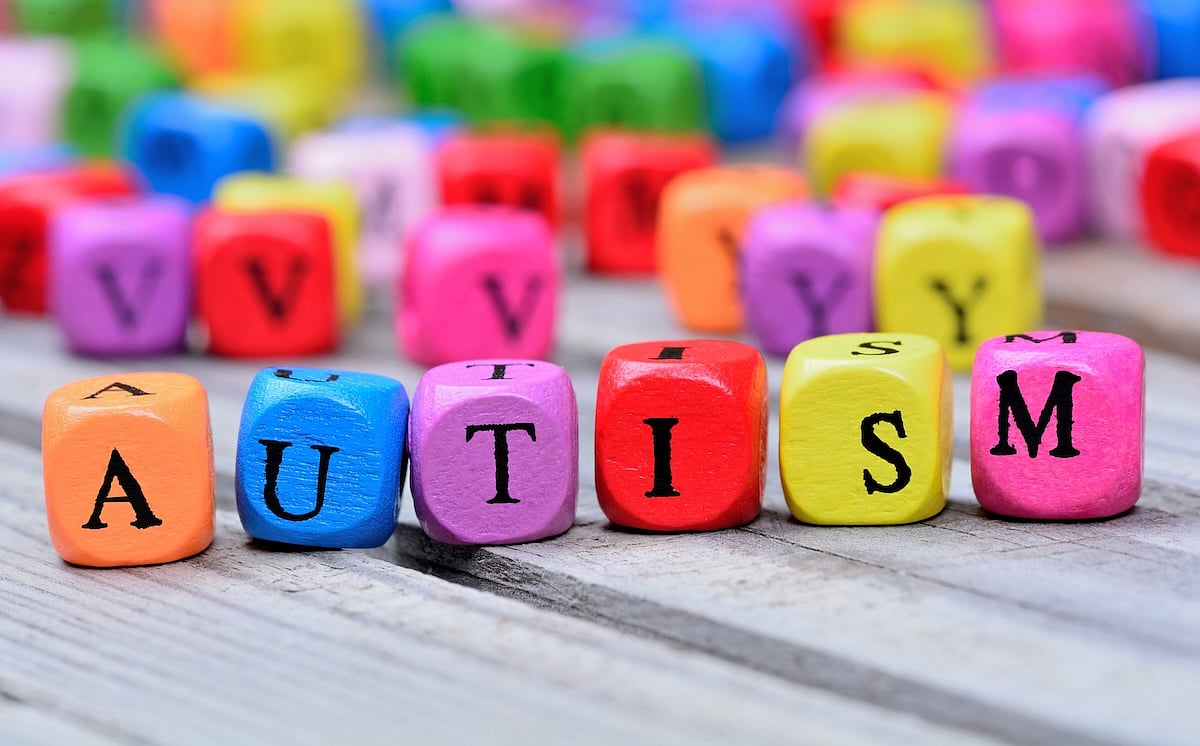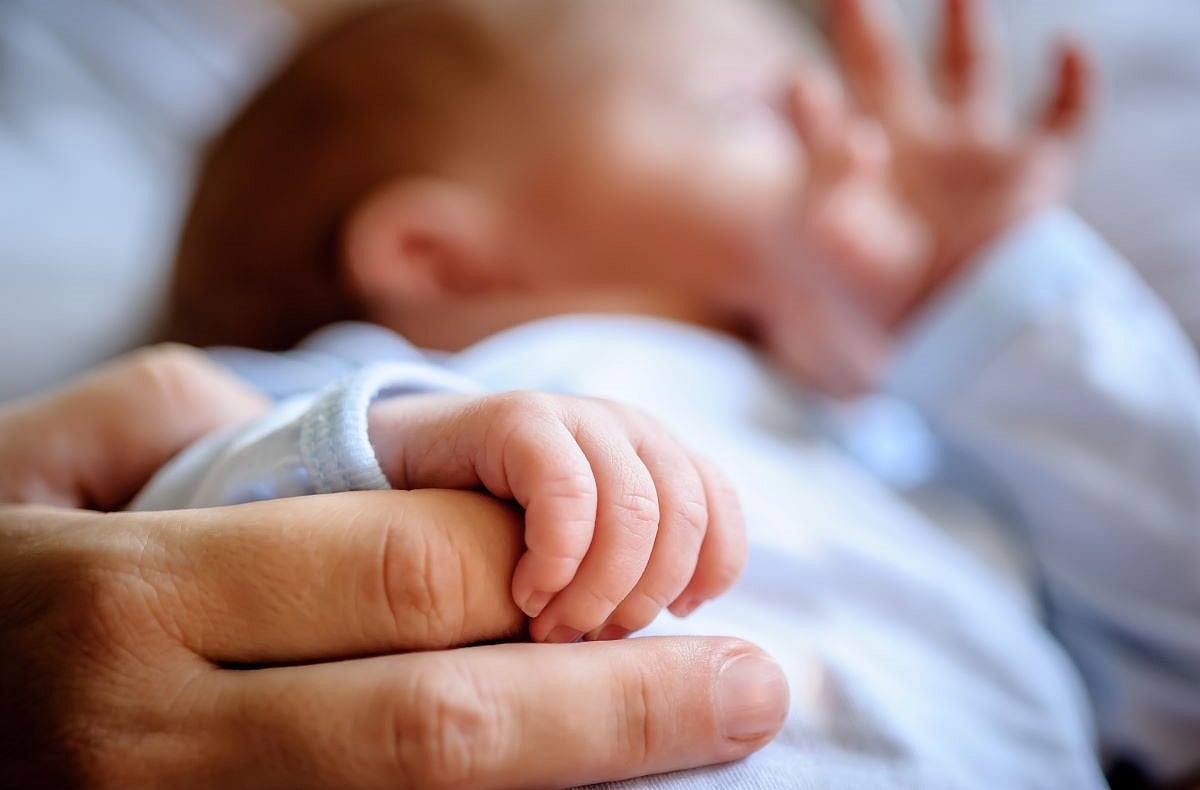
People with autism do not appear to be at greater risk of age-related brain decline, a new study says. Older people with autistic traits have no differences when it comes to spatial working memory, which helps folks remember and use information about where things are and how they are arranged, researchers reported April 24 in… read on > read on >






























